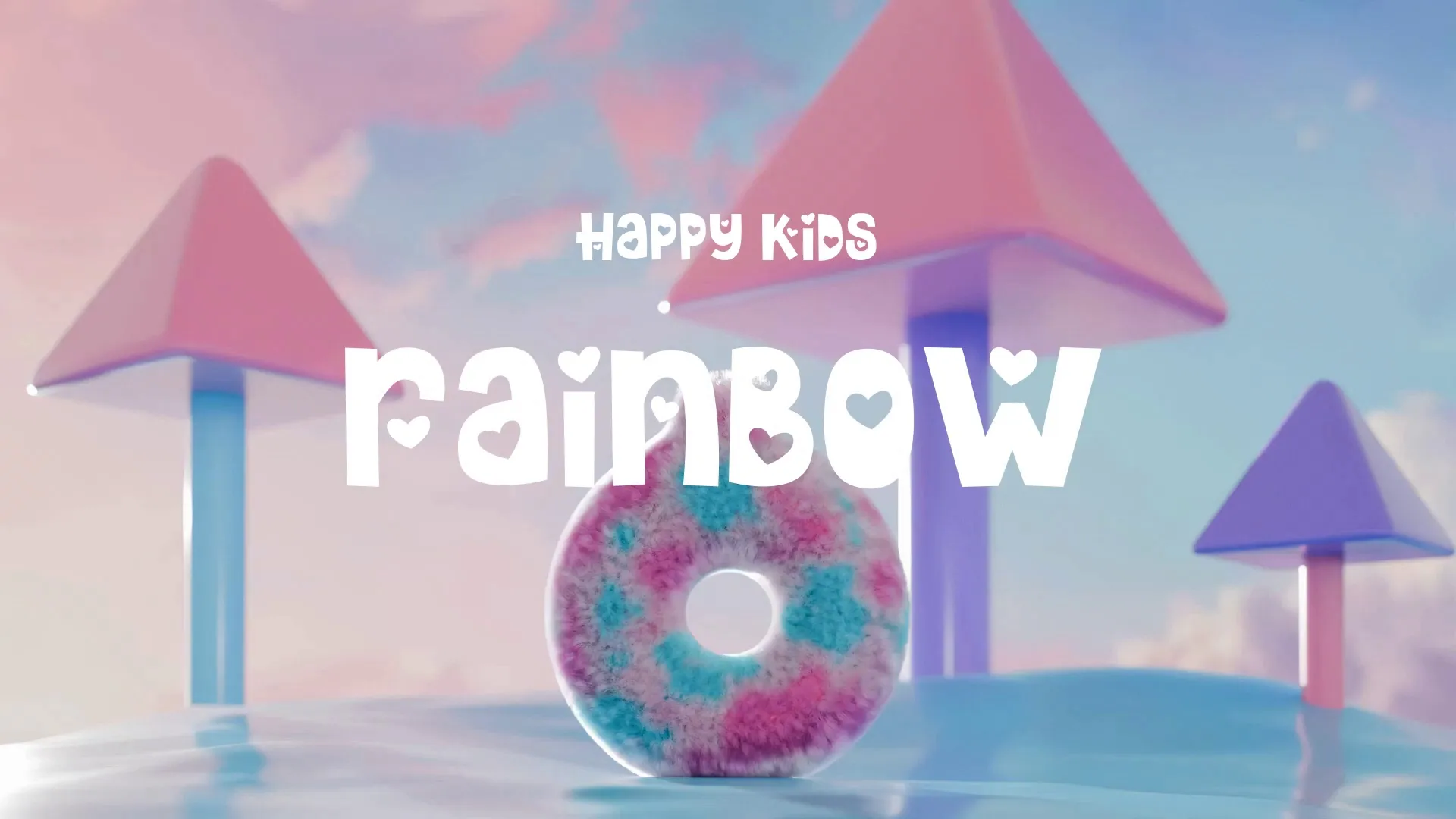Bridging the Gap: Effective Developer-Player Communication Tips for Game Success
Effective communication between game developers and their players is not just a nicety; it is a strategic imperative for game success. Establishing clear, consistent channels builds community, gathers essential feedback, and directly impacts player retention and overall game trajectory. Ignoring player voices can lead to missed opportunities, decreased engagement, and ultimately, a struggling game.
Establish Clear Communication Channels
Designate specific platforms for player interaction. This could include official forums, Discord servers, social media, or in-game announcement systems. Players need to know where to go to share their thoughts and receive updates.
Maintain these channels actively. Sporadic engagement leaves players feeling unheard and undervalued.
Practice Transparent Development
Share your development journey with your community. This includes progress updates, challenges faced, and upcoming features. Transparency fosters trust and makes players feel invested in the game’s evolution.
Avoid making promises you cannot keep. Over-promising and under-delivering erodes credibility faster than anything else.
Actively Listen and Solicit Feedback
Don’t just broadcast; actively listen to what your players are saying. Monitor discussions, read reviews, and pay attention to recurring themes.
Proactively solicit feedback through surveys, polls, and direct questions. Specific questions yield more useful answers than broad calls for input. Tools like Sentiment can help analyze reviews and gain insights into player opinions.
Provide Constructive Responses
When responding to feedback, be clear, concise, and constructive. Acknowledge player concerns and explain how you plan to address them, or why certain changes may not be feasible.
Avoid defensive or dismissive responses. Even negative feedback contains valuable information that can inform your development.
Manage Expectations Effectively
Communicate realistic timelines for updates, bug fixes, and new content. Unrealistic expectations lead to player frustration and disappointment.
Be upfront about your development resources and limitations. Players appreciate honesty, especially from indie developers who often operate with smaller teams. Understanding the financial realities of game development, as discussed in 'Realistically, How Much Does an Indie Game Dev Make Per Year?’, can also help shape these communications.
Handle Criticism Gracefully
Negative feedback and criticism are inevitable. Respond with professionalism and a genuine desire to understand the underlying issue.
Focus on the message, not the tone. While some feedback may be harsh, there’s often a valid point within it that can improve your game.
Create a free account, or log in.
Gain access to free articles, game development tools, and game assets.























